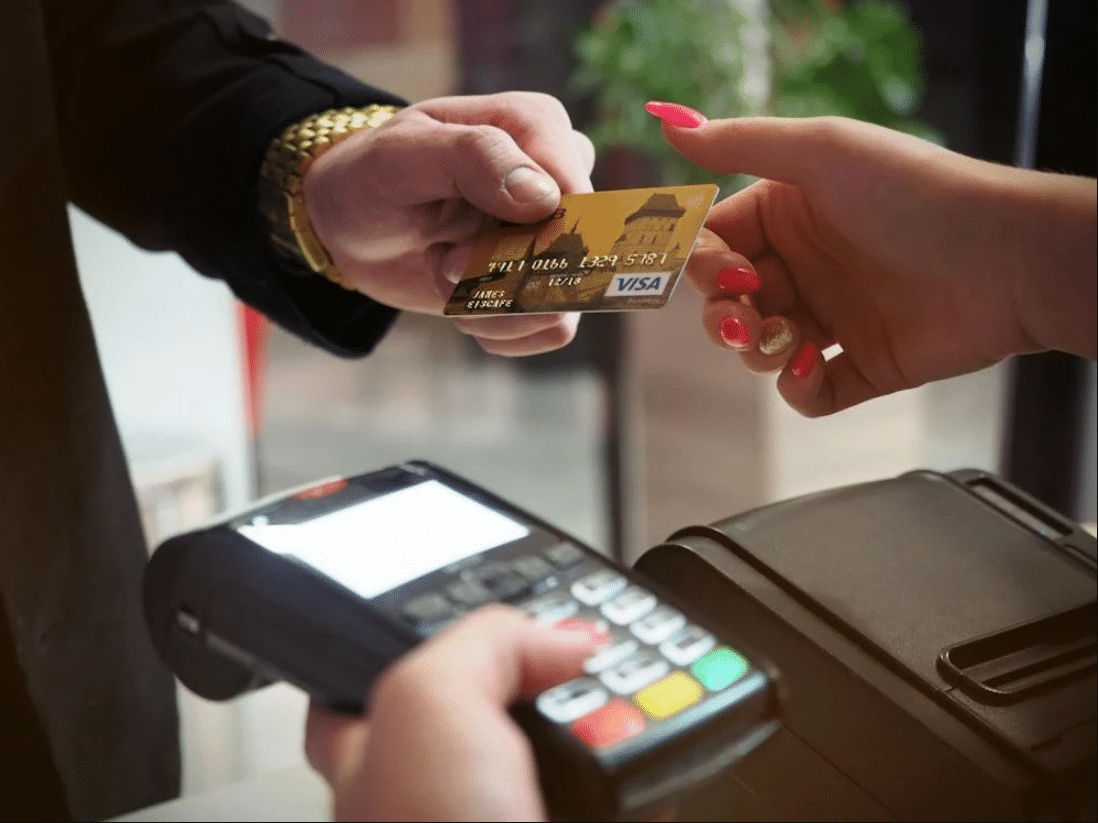
10 Feb Avoid the Nefarious Paypal Email Scams
Paypal Phishing Attempts On the Rise
Naked Security recently released a report detailing the registration of new false-Paypal domains. The idea is to appear official and trick the recipient, whereby they click a provided link and unknowingly hand over sensitive login credentials. It’s effective because the emails effectively mimic official messages, and unless one is cautious, they don’t notice the small discrepancies.
Typically, the nature of these phishing emails follows a familiar pattern: they “alert” the recipient there’s been an unknown charge on their Paypal account. The “charge” varies and the email declares it was an unauthorized transaction, requesting the reader to click on a link to resolve the problem right away. Naturally, it’s alarming. A random transaction that wasn’t approved? Not good. And, in general, it’s often encouraged to act quickly when involving issues of online money, creating a hastier mindset. However, that “quick thinking” is, ironically, what leads to the problem.
Once the link is clicked users are typically asked to provide login credentials, and if they’re really not paying attention, give away password and login info.
Identifying Phishing Paypal Emails
They’re as troublesome and harmful as they sound. Proper defense against these Paypal scam emails requires identifying a few telltale signs and operating with a cautious mindset (as you should with any online material). Here are some items to look for:
- Check for syntax changes, spelling errors, and grammatical mistakes, as these are some of the first indicators the email is false
- Check the address from the sender – even it looks official, the name can be different and compare it with original Paypal emails
- Understand that Paypal official emails will never ask for login credentials and never request you to “resolve an issue” by clicking a link provided in the email
- Check your bank account and actual Paypal for errors if you believe something is wrong
- Do not panic, any erroneous charge on a Paypal or Bank account can be reversed
There’s likely no end to the types of Paypal email phishing attempts, so it’s best to remain vigilant against the newest hack attempts.
If your business needs additional input and help, consider contacting Bytagig for further support.
Share this post:

Robert
Posted at 11:42h, 28 FebruaryI think the reason why phishing is on the rise, as you said, comes down to the sophistication of the crime in question. These days, people can pose as family members and co-workers in convincing fashion, even using the same language at points. Finding any differences in language is becoming harder and harder. The ability to pinpoint false emails is invaluable these days.